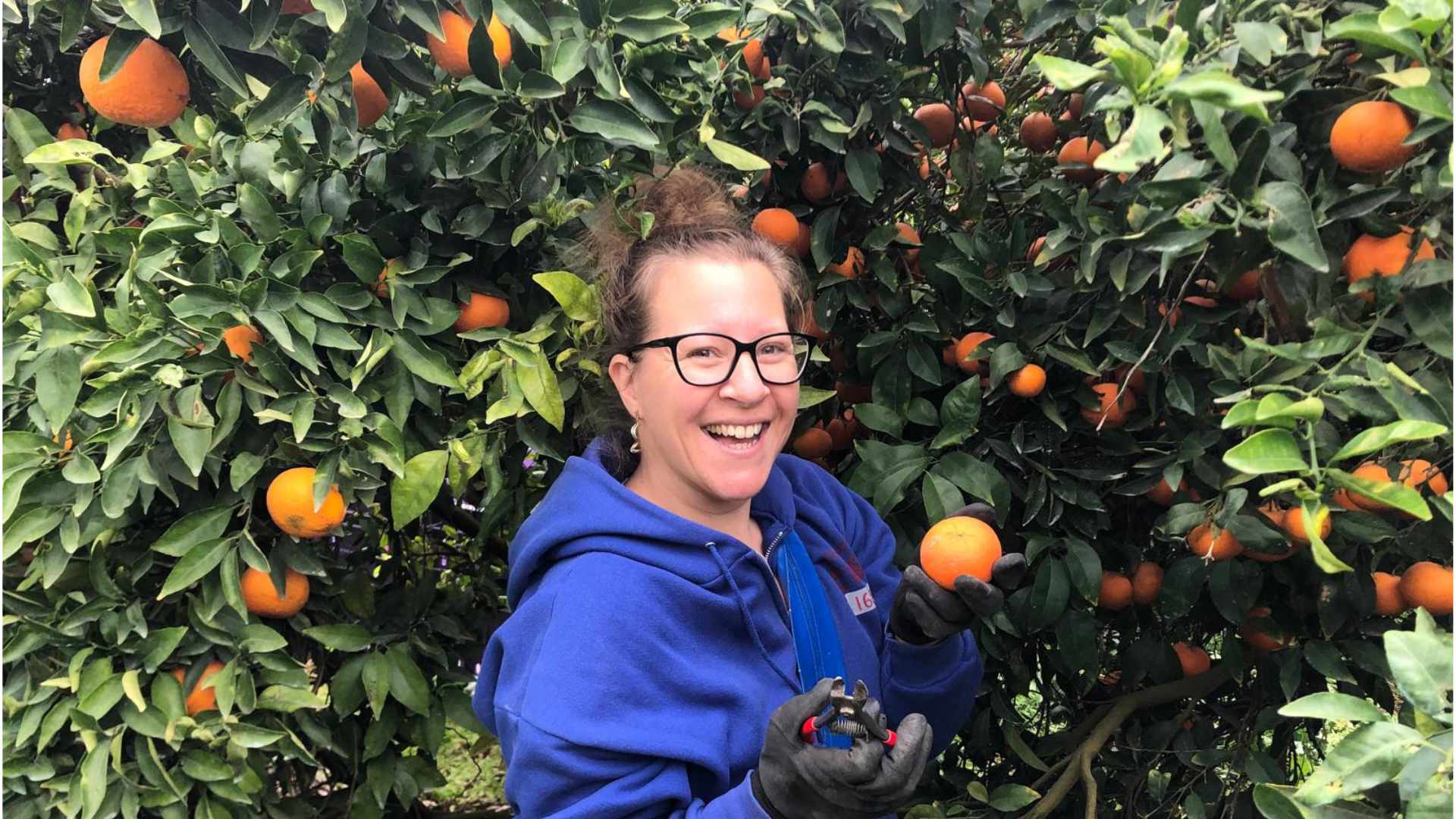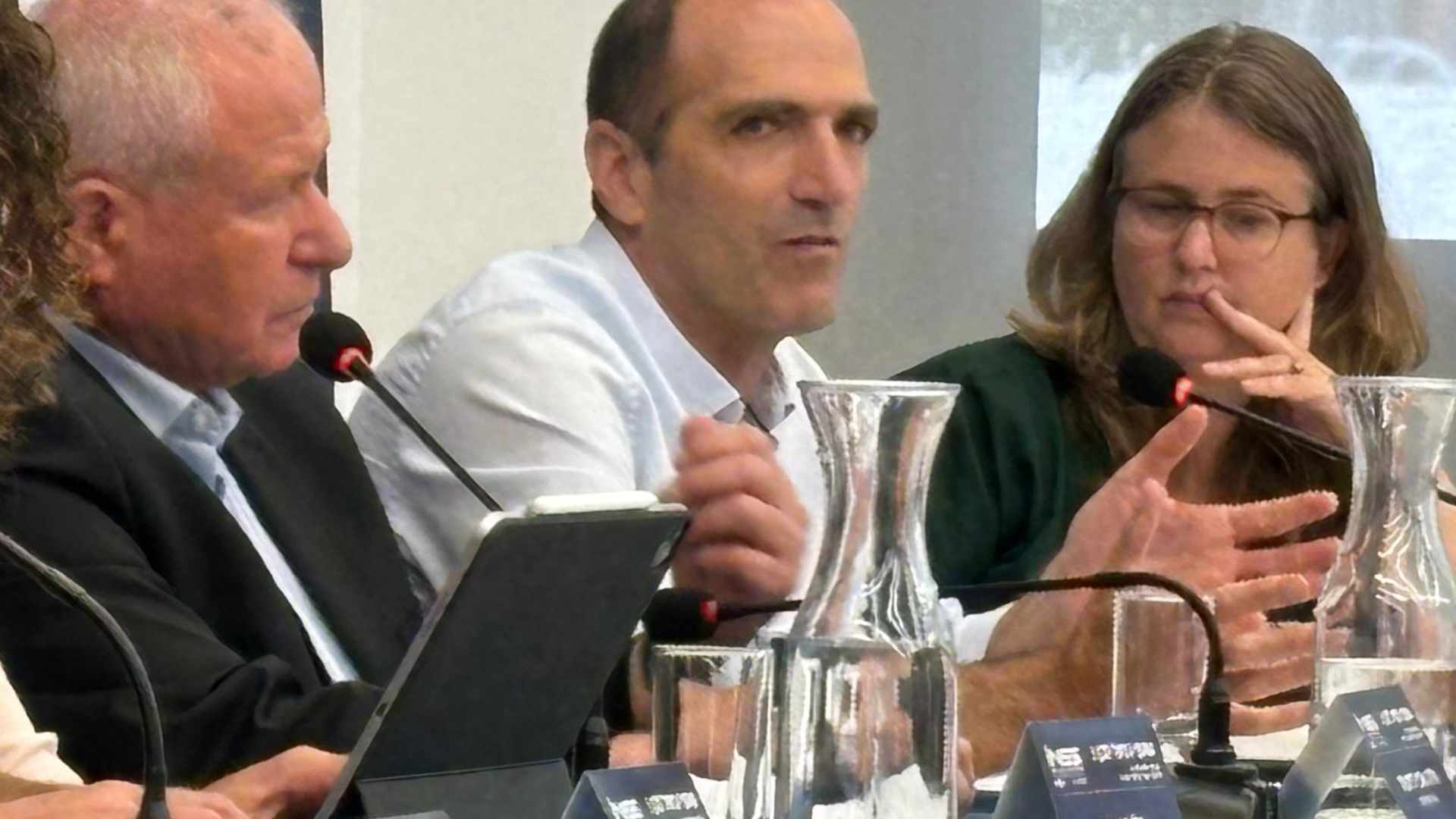Adam Teva V’Din has partnered with the Israeli Scouts and the recycling company ‘Cycle’ to further increase the positive impact of recycling plastic drink bottles and cans. Our new initiative will not only help our environment, but raise funds for Israelis who have been evacuated from their homes in ‘Otef Aza‘ (the Gaza perimeter communities) since the horrors of October 7.
How does bottle recycling work in Israel?
Every drink bottle (large and small) and canned drink has a ‘deposit’ of 30 agarot (approximately 10 cents) added to its price, redeemable once returned to a supermarket for recycling. However, many bottles are being thrown in the trash or into recycling bins with other plastic or worse, tossed aside and left as litter. In such cases the deposit money is literally being thrown away too.
What is the new initiative?
For a limited time (the initiative is currently scheduled to run from the start of January to the end of February), people are invited to bring their empty to drink bottles and cans to a scouts base in a participating municipality. The scouts will voluntarily collect, sort (small plastic bottles, large plastic bottles, glass bottles and cans) and count the bottles and cans and Cycle will take them away, free of charge, for the duration of the two-month campaign. Cycle will return the deposit money from all the drinks and cans to the Scouts movement, who will in turn distribute it between two NGOs; “Latet” (translates as: to give) the largest NGO combating poverty and food insecurity in Israel and “Khazit Habayit” (translates as: the front of the house) a social enterprise to help evacuees from Otef Aza feel at home once more despite having lost everything.

As our attorney Meirav Abady (pictured) – who is responsibe for this collaborative project explains: “Our initiative is designed to meet the need of collecting drink containers from those who do not want to wait at the supermarket and it is also a new way to collect donations. Beyond the financial benefit, is also the environmental; bottle and can deposit fees are collected, the donation is transferred to those who need it, landfill costs are prevented and the environment and public space are kept clean.”





